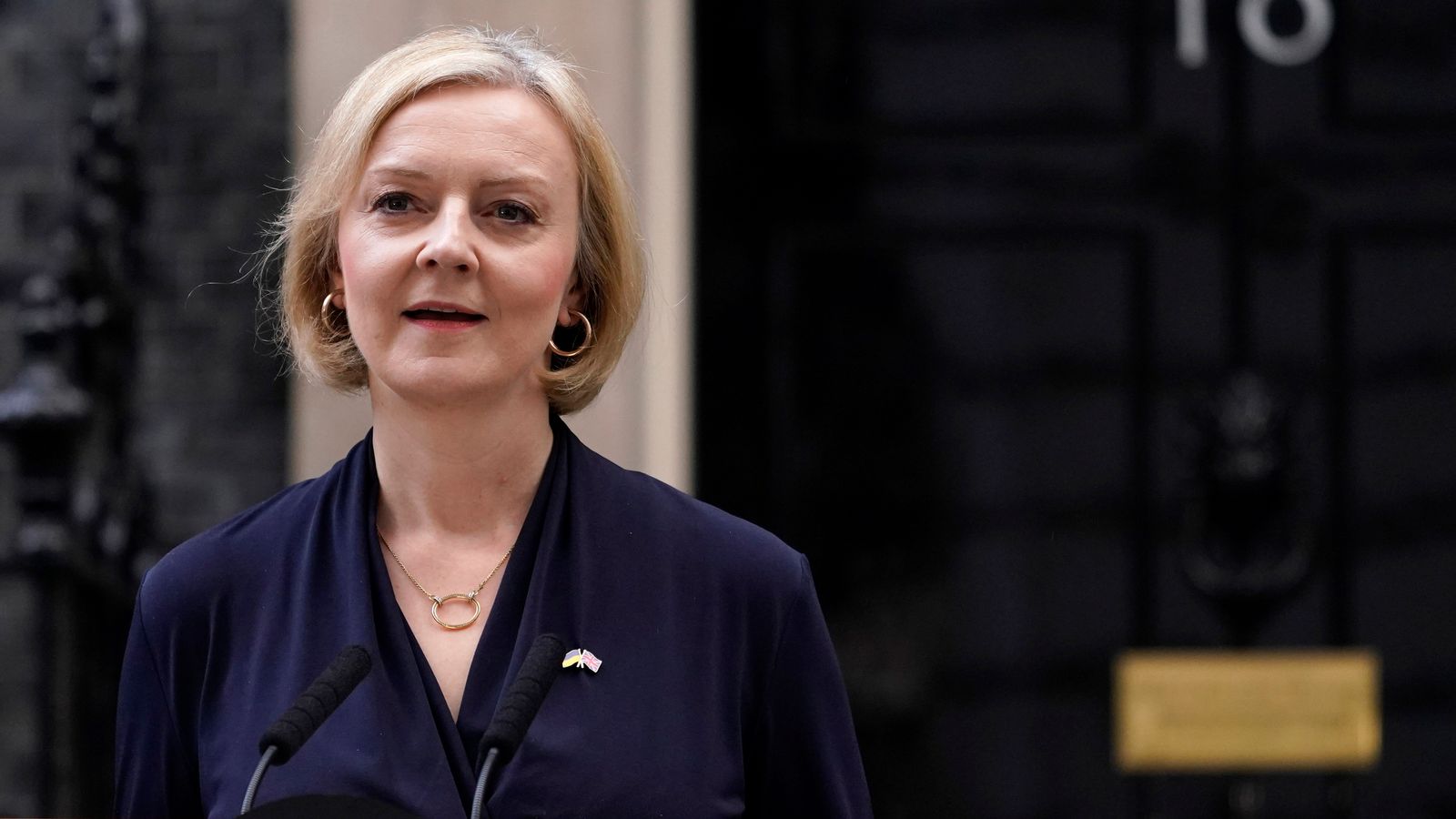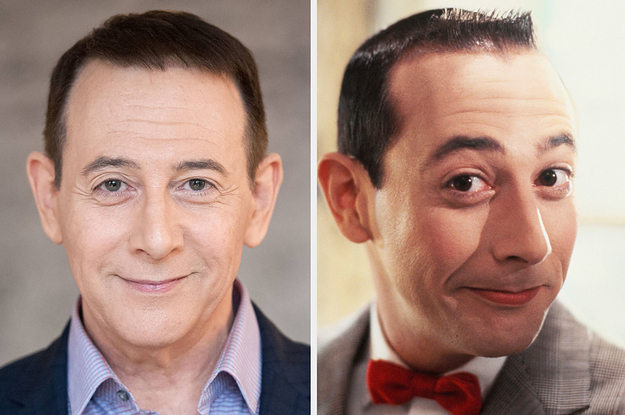Former chancellor Sajid Javid has criticised Liz Truss for ignoring the Treasury’s warnings about the market consequences of her disastrous mini-budget.
Ms Truss and her chancellor, Kwasi Kwarteng, announced a swathe of unfunded tax cuts in the weeks after she came to office in 2022.
But the policies led to economic turmoil and soon led to her downfall, seeing her become the shortest serving prime minister in British history.
Politics live: Culture secretary on train strikes and drivers’ wages
Speaking at Institute for Government event on Monday, Mr Javid – who served as chancellor under Boris Johnson between 2019 and 2020 – defended the so-called Treasury “orthodoxy” that Ms Truss regularly criticised, with him saying it was a “good thing” that they sought to balance the books.
“I’m certain that the Treasury would have told Liz Truss when she was in office that if you go out with a budget that’s going to blow the deficit and without any sort of narrative, any sort of laying the ground or any plans to bring that under control even over the long term, the markets are not going to like it – you’re going to get a massive negative reaction,” he said.
“The Treasury would have told her, that’s orthodoxy at work. She ignored it and the country paid the consequences.”
Tory MPs urge Rishi Sunak to cut ‘destabilising’ immigration
Does Lord Goldsmith have a point when he says Rishi Sunak is ‘uninterested’ in the environment?
Zac Goldsmith: Tory minister named in partygate interference report quits with attack on PM’s environmental ‘apathy’
But Mr Javid did say the Treasury needed to be “more flexible” and “invest to save”, adding: “It’s obvious that hospitals need more investment… and we should be investing more in technology, and it will definitely save money in the long term.
“The challenge the Treasury always has with that is that the long term for them is five years maximum. There should be a sort of proper look at changing the approach to longer-term investment.”
The former minister – who also served as health secretary under Mr Johnson – took a wider swipe at government too, calling for more experts to be brought in as there was “a problem with the talent of some ministers”.
Ms Truss defended her actions at the time – including scrapping the top rate of tax and reversing the rise in National Insurance, all to be paid for through borrowing – saying the government had to take “decisive action” to tackle rising inflation and a slowing economy.
Please use Chrome browser for a more accessible video player
But just three weeks after he delivered the mini-budget, she sacked Mr Kwarteng, appointed Jeremy Hunt in his place and reversed most of the policies.
Since leaving Downing Street, she has continued to say she was pursuing the right path, with the need for a “change in mindset in order to kick-start a return to sustainable growth”.






